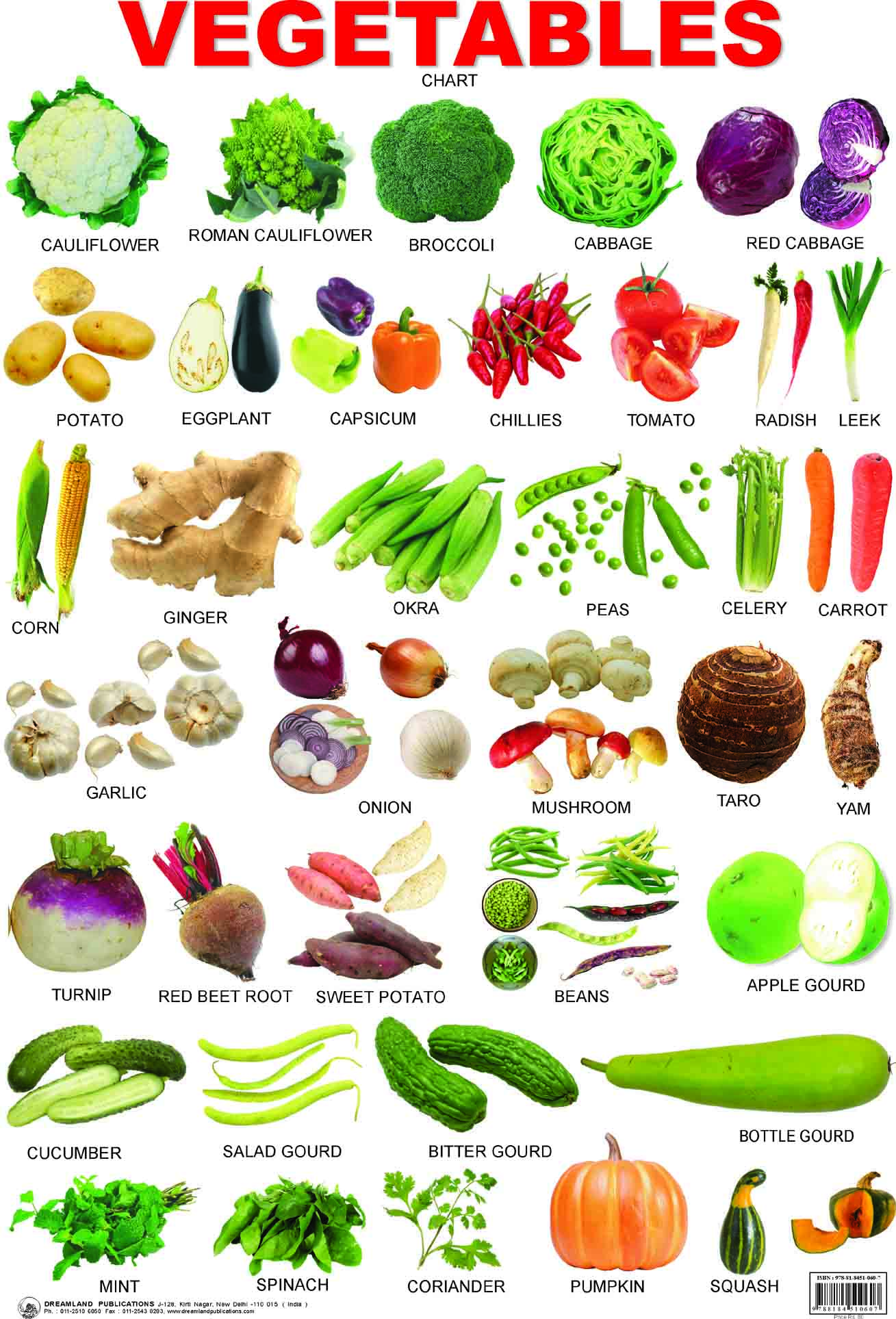
The Menopause Symptoms' 10 Best Foods Nutriti ..
Mar 18 - 2024

10 COMMON FOODS THAT ARE DIFFICULT TO DIGEST
Digestion is a
fundamental process for our bodies, allowing us to absorb the nutrients we need
to stay healthy. However, there are some foods that can be difficult for some
people to digest, causing symptoms such as abdominal bloating, gas, cramping
and nausea. In this photo gallery, based on information provided by
pharmeasy.in, we will explore 10 common foods that can be difficult to digest
for some people and discuss some tips for improving digestion. If you suffer
from digestive problems, this article may help you identify some of the foods
that may be causing your symptoms and find ways to improve your digestion.
Carbohydrate-rich foods
Rice, pasta, pretzels,
bagels or doughnuts are foods that are high in carbohydrates and therefore
harmful to the body because they cause increased inflammation.
Processed food
Processed foods irritate
the intestines with the presence of unnecessary additives and preservatives.
These foods also cause gas, bloating and cramping. Examples of processed foods
are bread, cheese, tofu, tuna, or canned beans. (Source of the examples: heartandstroke.ca)
Fried food
The body has difficulty
digesting fried foods, which can cause diarrhea, bloating and constipation.
Spicy food
Spicy food causes gas,
bloating, heartburn, acid reflux and even stomach pain. Avoid these foods
especially at dinner.
Artificial sweeteners
Sorbitol is one of the
most common artificial sweeteners, often used to sweeten chewing gum and diet
foods. This sweetener can cause gas, bloating and diarrhea in those who eat the
foods in which it is contained.
Alcohol
Alcohol negatively
affects the stomach and liver and can cause heartburn, acid reflux and under
certain conditions even cirrhosis, cramps and diarrhea.
Coffee
Caffeine increases acid
production in the stomach and can cause diarrhea, dehydration and thus lead to
constipation. Never take on an empty stomach!
Dairy products
Lactose can induce the
development of gas, bloating and in some cases even nausea.
Fiber-rich foods
Foods rich in fiber,
such as raw vegetables, lentils, beans and brown rice, are difficult to digest because
the stomach needs more effort to break them down. Eat these foods in
moderation, as they are rich in fiber which can produce to gas, bloating,
diarrhea and other stomach problems.
Acidic foods
Tomato sauce and citrus
fruits can cause stomach and intestinal irritation because of the acidic
component they contain. Also beware of carbonated beverages. Avoid excessive
consumption of these foods.
THESE FOODS
ARE GREAT FOR YOUR DIGESTION
Coffee?
Is coffee good for your
digestion? Yes and no. For many people, coffee causes a sudden intestinal
activity after consumption. However, caffeine can partly disrupt this activity
and break the natural rhythm. The drink is an energizer and it is best to
consume it in moderate amounts.
Drinking plenty of water
helps intestinal transit. Overall, adequate hydration makes our body work
better.
We have already
mentioned olive oil as an excellent antidote against intestinal problems.
The same can be said of olives. However, it is recommended to eat them in
moderation: 25 grams a day, which is about 7 or 8 pieces.
Spinach contains a lot of fibre and magnesium, which contributes
to digestion. And even though Popeye exaggerated its iron content, spinach
still has plenty of iron.
Dates are a delicacy that does miracles for intestinal
transit.
Be careful to pick pears that are not green and sufficiently
ripe. They have a lot of liquid, which is also important for the proper
functioning of the intestines.
Figs are especially effective when they are dried. A regular
intake of this food is ideal for your digestive system.
Traditional bread is discouraged when you're suffering from
constipation. Whole-grain bread (or other seeded bread) can help regulate your
bowel activity.
In addition to their enormous contribution of vitamin C, oranges
can give very good results in terms of achieving a regular digestion.
Avocado, as reported on ScienceDaily, is a food that helps the
intestinal transit. In addition to being rich in healthy fats, it provides
carbohydrates of soluble and insoluble fibre. These help to drag the faeces and
increase their volume. You can make a difference by eating half an avocado a
day.
Beans, lentils or chickpeas; legumes are a recommendable food in
all aspects. They may not be everyone's favourite dish, but they help (a
lot) to make our intestines work properly.
All nuts are rich in fiber, but almonds are the most
fiber-containing nuts. Right behind them are pistachios, walnuts and hazelnuts.
While they help with your digestion, you shouldn't take too many of them at a
time, because they have a lot of calories.
Prunes and raisins are a great source of fiber and nutrients. By
taking two pieces or portions a day, you will noticeably improve your
intestinal transit.
Kiwi is one of the most recommended fruits to improve intestinal
transit. Its fiber and vitamin C supply is immense. Doctors recommend to
eat 2 kiwis a day. If you eat it at breakfast time, all the better.
Oat flakes are among the
richest whole grain cereals in soluble fiber. In fact, it is recommended that
all the cereals you take are whole grains, as they have more fiber and
nutrients. The ideal amount of oat flakes is 50 grams a day.
Brown rice can have
laxative effects and it also provides minerals and B-vitamins. As opposed
to white rice, which is astringent, this food helps combating
constipation. It is recommended to eat it three times a week.
Healthy fats in regular and (especially) virgin olive oil promote
the intestinal transit. The best way to consume the oil (as far as
digestion is concerned), is to add it to a good salad rich in fiber.
Green beans bring a large number of vitamins, minerals,
antioxidants, and soluble fiber to the body. They create vital energy for the
intestines. The ideal amount in your diet is 250 grams of green beans three
times a week.
Artichokes contain inulin, a type of fiber that
helps the intestines to function properly.
Papaya has a high diuretic value, which means it stimulates
urinating and the removal of water and salt from your body. According to recent
studies it also helps prevent colon cancer.